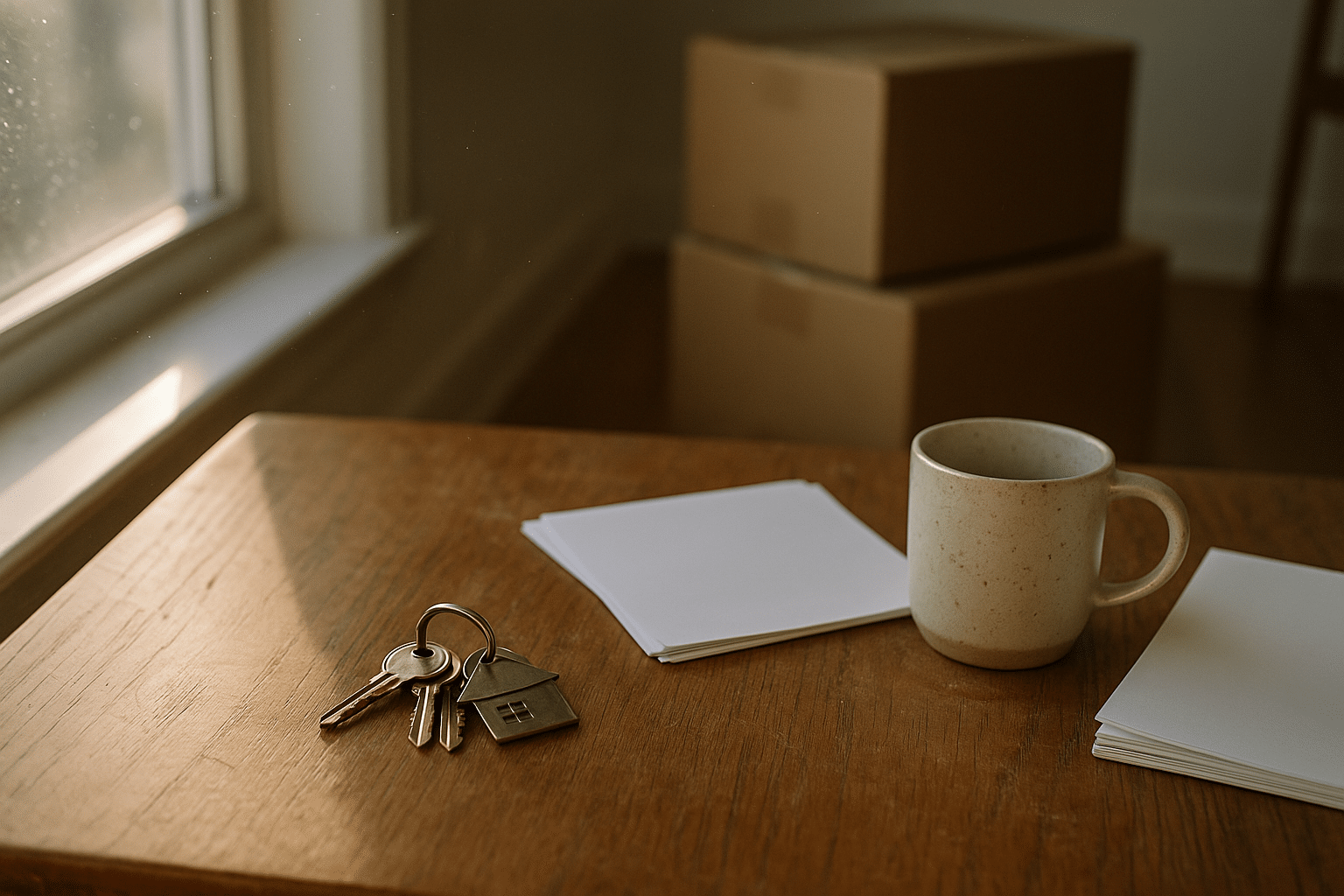
Smart Homes: Energy Efficiency at Your Fingertips
Imagine a home where your energy usage is not just monitored but optimized at the touch of a button. Welcome to the world of smart homes, where technology meets sustainability to create a more energy-efficient lifestyle.
Understanding Smart Homes
Smart homes are revolutionizing the way we manage our energy consumption. These homes are equipped with smart devices that communicate with each other to optimize energy usage. According to a report by the International Energy Agency, smart home technology can reduce energy consumption by 10-15%, significantly lowering utility bills and carbon footprints.
The Experts Weigh In
“Smart home technology is not just about convenience; it’s a crucial step towards sustainable living,” says Dr. Emily Roberts, a renowned environmental scientist.
Her insights highlight the growing importance of integrating smart technology into our daily lives to achieve energy efficiency.
Real-Life Examples
Take Mark, a tech-savvy homeowner who installed a smart thermostat. He was amazed to find a 20% reduction in his heating bills within the first month. “I never realized how much energy I was wasting until I had precise control over my thermostat,” he shares.
Actionable Tips for an Energy-Efficient Home
- Install smart thermostats to regulate temperature efficiently.
- Use smart lighting to reduce unnecessary energy use.
- Incorporate energy-efficient smart appliances.
- Monitor energy usage with smart meters.
Consider using smart plugs to control devices remotely and cut off power to appliances when not in use.
Smart Home Devices Comparison
| Device | Function | Energy Savings |
|---|---|---|
| Smart Thermostat | Regulates home temperature | 10-15% |
| Smart Lighting | Controls lighting remotely | 5-10% |
| Smart Appliances | Efficient energy use | Varies by device |
| Smart Plugs | Remote device control | Up to 10% |
| Smart Meters | Monitors energy use | Provides data for optimization |
| Smart Blinds | Automates light control | Improves heating/cooling efficiency |
| Smart Water Heaters | Optimizes water heating | 10-15% |
| Energy Management Systems | Oversees overall consumption | Up to 20% |
FAQs
What makes a home ‘smart’?
A home becomes ‘smart’ by integrating devices that automate and optimize various functions like lighting, heating, and security.
Are smart homes expensive to set up?
While initial costs might be higher, the long-term savings on energy bills often justify the investment.
Can I retrofit my existing home?
Yes, most smart home technologies are designed to be easily integrated into existing homes.
Conclusion
Smart homes offer a promising solution to energy efficiency, blending technology with eco-friendly practices. By adopting smart home technologies, you can take control of your energy consumption, reduce your carbon footprint, and contribute to a more sustainable future. Explore the wide range of smart devices available and start your journey towards a greener home today.


